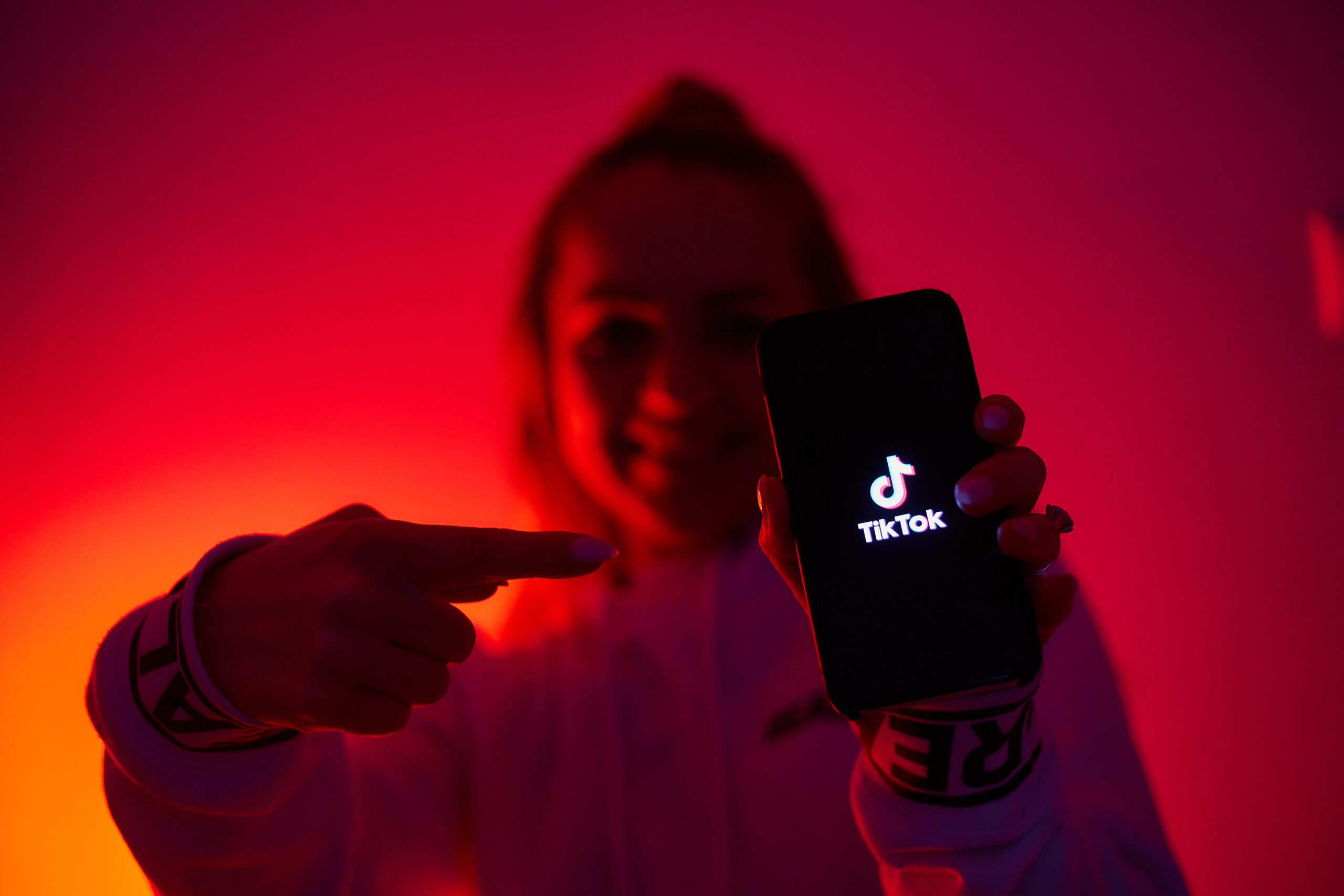TikTok is at the center of national politics this week as its CEO testifies before the US Congress. Several lawmakers have argued that the app, which is owned by Chinese corporation ByteDance, can be used to spy on Americans, and they are pressuring ByteDance to sell the app to a US company. Ahead of the meeting, China has come out in full opposition of the proposed sale.
“If the news is true, China will resolutely oppose it,” said Shu Jueting, a spokesperson for the Ministry of Commerce, referring to a forced sale. She added that these efforts “would seriously damage investors from multiple countries including China” and would weaken “confidence to invest in the United States.”
If ByteDance refuses to sell the app, lawmakers have called for TikTok to be banned in the US. ByteDance’s official stance has been that while, like most digital apps, the company does collect data on users, it does not share data with the Chinese government. Starting March 23, CEO Shou Zi Chew is testifying before Congress in order to argue against the ban.
Related:
TikTok COO Comes Out as Nonbinary
TikTok stays queer as hell.
“Let me state this unequivocally: ByteDance is not an agent of China or any other country,” Chew told the House Committee on Energy and Commerce. He leaned heavily on the company’s Project Texas plan, which proposes to store all US data on servers owned by American corporation Oracle. Access to data is managed by US employees of a separate company, TikTok US Data Security. ByteDance is still in the process of deleting past US user data, and Chew said the process will be completed by the end of this year.
Lawmakers also expressed concern over the company’s moderation standards. A 2019 report by The Guardian alleged that ByteDance had been instructing moderators to remove any videos and images that criticized the Chinese government. In the wake of the report, ByteDance said that it had instituted changes to moderation practices.
Several governments have already banned TikTok on government-issued devices, including the US, Canada, Britain, the EU, and New Zealand. Taiwan and India have both banned the app entirely.
The ACLU and PEN America are among several advocacy organizations that have come out against the proposed ban, saying that it would represent “dangerous precedent for the restriction of speech.”
Help make sure LGBTQ+ stories are being told...
We can't rely on mainstream media to tell our stories. That's why we don't lock our articles behind a paywall. Will you support our mission with a contribution today?
Cancel anytime · Proudly LGBTQ+ owned and operated
Read More in The Internet
The Latest on INTO
Subscribe to get a twice-weekly dose of queer news, updates, and insights from the INTO team.
in Your Inbox
















